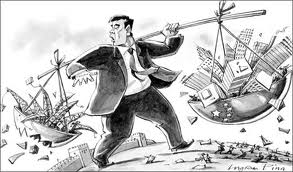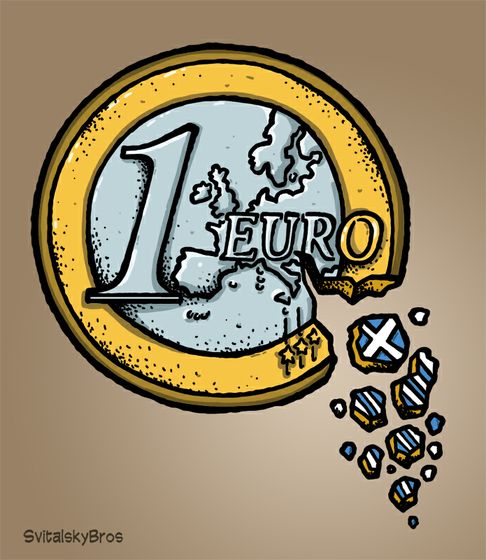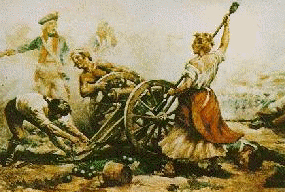
The domains of ignorance:
Known unknowns: All the things you know you don’t know
Unknown unknowns: All the things you don’t know you don’t know
Errors: All the things you think you know but don’t
Unknown knowns: All the things you don’t know you know
Taboos: Dangerous, polluting or forbidden knowledge
Denials: All the things too painful to know, so you don’t
– from The Domains of Ignorance
The domains of ignorance are relevant to Marx. Some people don’t read it because it is taboo. Some people read it and think they understand it and they don’t. Some people have a superficial knowledge of Marx and think that is good enough. But none of that really explains the extent of the marginalisation of Marx. I think the main issue is that he is difficult to understand. The thing missing from the domains of ignorance is contradictory knowledge.
This problem is not new. Isaac Deutscher provides an anecdote about the knowledge of Marx in that era (the 1930s):
“Capital is a tough nut to crack, opined Ignacy Daszyński, one of the best known socialist “people’s tribunes” around the turn of the 20th century, but anyhow he had not read it. But, he said, Karl Kautsky had read it, and written a popular summary of the first volume. He hadn’t read this either, but Kazimierz Kelles-Krauz, the party theoretician, had read Kautsky’s pamphlet and summarised it. He also had not read Kelles-Krauz’s text, but the financial expert of the party, Hermann Diamand, had read it and had told him, i.e. Daszynski, everything about it”
– http://en.wikipedia.org/wiki/Historical_materialism
Marx’s critique of political economy is old knowledge, forbidden or marginalised knowledge and difficult to understand knowledge. Because it was written 150 years ago many think it is no longer relevant. Because communism is believed to have been tried and found wanting many who want radical change think it could not provide the answers. Because Marxism is an insignificant part of mainstream education and in particular not taught in the economics faculty then it is only going to be accessed by those who think outside of the mainstream. Finally, the many volumes of Capital and related works are difficult to understand for a variety of reasons.
Conceptually the work is very rich and it is difficult to keep the whole of it in your head. Marx uses a method of investigation (his adaptation of Hegelian dialectics) that is unfamiliar to moderns. Much of the language he uses is unfamiliar and this issue is exacerbated through a variety of translations. The prose is dense. Marx established a precise, strict terminology, eg. use value, exchange value, value, relative and absolute surplus value and then uses it rigorously for hundreds of pages. Therefore you must pay close attention, otherwise you are lost. He frequently uses French and Latin quotations. He also employs fascinating, tangential footnotes, which must be read.
The economic crisis which began in 2007 revealed an intellectual crisis, which did already exist, but was not so obvious before the economic crisis. For much of time following WW2 economic crisis was absent, the capitalists had appeared to work out how to stabilise an unstable system. That assumption has now been shown to be false.
My contention is that to understand the inner workings of capitalism you have to understand Marx. Although this will not provide a magical solution to the current issues of ongoing economic crisis it will provide a deep appreciation of the inner contradictions of capitalism that make it forever an unstable and unpredictable system.






Recent Comments